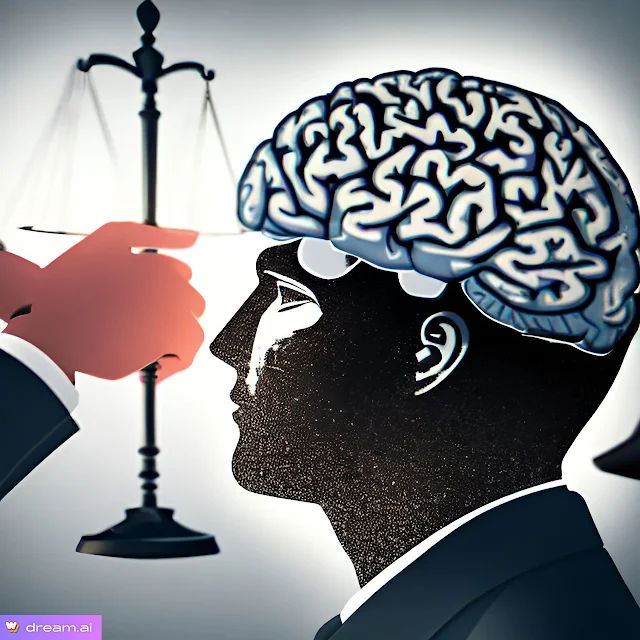Introduction
Traumatic brain injuries (TBIs) are devastating events that can result from accidents, falls, sports injuries, or other incidents. The consequences of a TBI can be life-altering, affecting not only the individual but their family as well. In these challenging times, understanding traumatic brain injuries and the role of a lawyer in seeking justice is crucial. This guide aims to provide comprehensive insights into TBIs and how an experienced lawyer can help individuals and their families navigate the complex legal landscape to secure compensation and justice.
Understanding Traumatic Brain Injuries
Defining Traumatic Brain Injury
A traumatic brain injury, often referred to as a TBI, is a disruption in the normal functioning of the brain due to a sudden and violent blow or jolt to the head. TBIs can range from mild concussions to severe injuries with long-term consequences.
Causes of Traumatic Brain Injuries
TBIs can occur in various ways, including:
- Accidents: Car accidents, falls, and workplace incidents.
- Sports Injuries: Head trauma in sports like football or boxing.
-Assaults: Physical attacks resulting in head injuries.
- Medical Malpractice:Errors during surgery or medical treatment.
Seeking Justice for Traumatic Brain Injuries
Legal Recourse for TBI Victims
Victims of traumatic brain injuries may have legal recourse if their injury resulted from the negligence or intentional actions of another party. Seeking justice involves pursuing a personal injury claim or lawsuit.
The Role of a Traumatic Brain Injury Lawyer
Hiring an experienced TBI lawyer is crucial for several reasons:
- Legal Expertise: TBI lawyers specialize in personal injury law and understand the complexities of brain injuries.
- Case Evaluation: They assess the details of the case to determine its strength and potential for compensation.
- Evidence Gathering: Lawyers work to gather evidence such as medical records, accident reports, and expert testimonies.
- Negotiation: They negotiate with insurance companies and opposing parties to secure a fair settlement.
- Litigation: In cases that cannot be settled, TBI lawyers represent clients in court, presenting their case to a judge and jury.
Frequently Asked Questions (FAQs)
Q: What are the common symptoms of a traumatic brain injury?
A: Symptoms can vary but may include headaches, confusion, memory problems, mood swings, and difficulty concentrating.
Q: How long do I have to file a TBI lawsuit?
A: The statute of limitations for TBI cases varies by state. It's crucial to consult with a lawyer promptly to determine the applicable deadline.
Q: Can I file a TBI lawsuit on behalf of a family member who is incapacitated?
A: Yes, if the injured person is unable to file a lawsuit themselves, a family member or legal guardian can typically act on their behalf.
Q: What compensation can I seek in a TBI case?
A: Compensation may include medical expenses, lost wages, pain and suffering, and other damages related to the injury.
Q: Will my case go to trial?
A: Not all TBI cases go to trial. Many are resolved through negotiations with insurance companies. However, your lawyer should be prepared to go to trial if necessary.
Q: How do I choose the right TBI lawyer for my case?
A: Look for a lawyer with experience in TBI cases, a track record of successful outcomes, and a compassionate approach to client representation.
Conclusion
Understanding traumatic brain injuries and the legal process surrounding them is essential for those affected by these life-altering events. Traumatic brain injury lawyers play a vital role in helping victims seek justice and compensation. By partnering with an experienced TBI lawyer, individuals and their families can navigate the complexities of the legal system and work towards rebuilding their lives after a traumatic brain injury.

Comments
Post a Comment